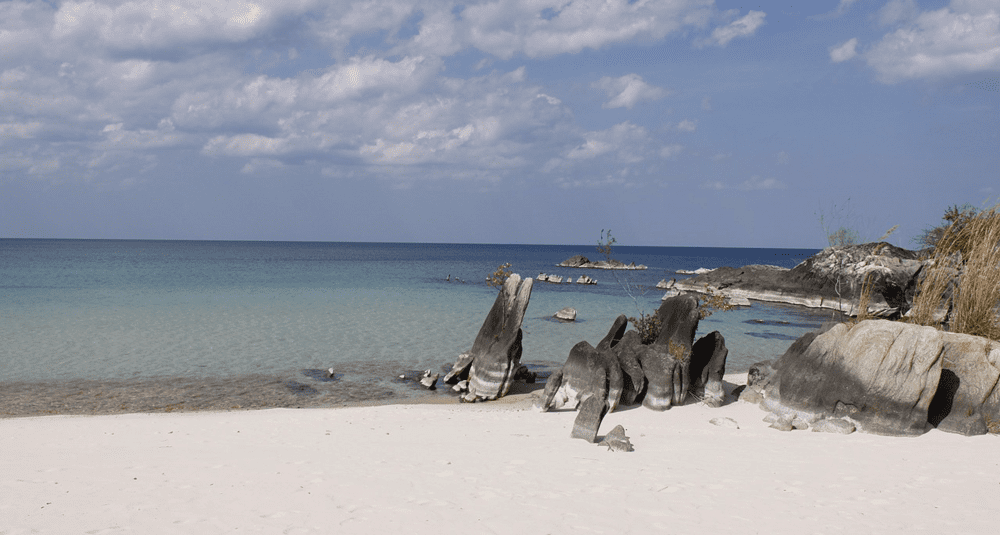What is the capital of Mozambique?
Last Updated:
Mozambique’s capital is Maputo, a port city located in the extreme south of the country, on the shores of the Indian Ocean. This dynamic metropolis, at the crossroads of African, Portuguese and Indian influences, plays a central role in Mozambique’s political, economic and cultural life. It embodies both the nation’s colonial heritage and its contemporary aspirations.
Maputo was founded in the late 19th century under the name of Lourenço Marques, in honor of a 16th-century Portuguese explorer. At the time, the city was no more than a modest trading post. It underwent significant development during the colonial era, when Portugal sought to strengthen its hold on southern Africa. Thanks to its strategic seaside position and proximity to South Africa, Maputo quickly became an important trading center for the export of natural resources such as coal, aluminum and agricultural products.
In 1975, when Mozambique gained independence from Portugal, the city was renamed Maputo, in reference to the river that runs through the region. The name change symbolized the country’s desire to break with its colonial past and embark on a new era of national sovereignty.
Today, Maputo is home to the country’s main institutions: the presidency, parliament, ministries and the Supreme Court. It is also the economic hub of Mozambique, concentrating the majority of banking, commercial and industrial activities. Its modernized and expanding port plays a crucial role in regional trade, notably with South Africa, Swaziland and Zimbabwe.
But Maputo is more than just an administrative and economic center. It’s also a culturally rich city, with a dynamic arts scene. Music, dance, painting and literature are expressed with great freedom. The city is famous for its colorful markets, marrabenta concerts (a local musical style) and contemporary art galleries. The Museum of Natural History, Maputo Cathedral, the Central Market and the neoclassical railway station, designed with the participation of Gustave Eiffel, bear witness to the city’s rich architectural and historical heritage.
Despite its many assets, Maputo also faces major challenges. Rapid population growth has led to urbanization that is often poorly controlled, with problems of infrastructure, housing and pollution. The Mozambican government, with the help of international partners, is actively working to modernize the city and improve its inhabitants’ quality of life.
Maputo also remains a symbol of Mozambique’s diversity. The main language spoken here is Portuguese, the country’s official language, but there are also several local languages, such as Changana. The population is mixed, with Mozambicans of Bantu origin, descendants of former Portuguese settlers, Indian and Chinese communities, as well as a growing presence of expatriates.
Maputo is not only the capital of Mozambique, it is also a city in the throes of change, both rooted in its past and looking to the future. It embodies the country’s resilience and energy, in a context of development and modernization. For visitors and locals alike, Maputo offers a concentrate of history, culture and hope, in an urban mosaic unique on the east coast of Africa.
You may also be interested in
geography

What is the capital of Mozambique?
Answer
Maputo is the capital of Mozambique, located on the country's southern coast. It is the country's main political, economic and cultural center.